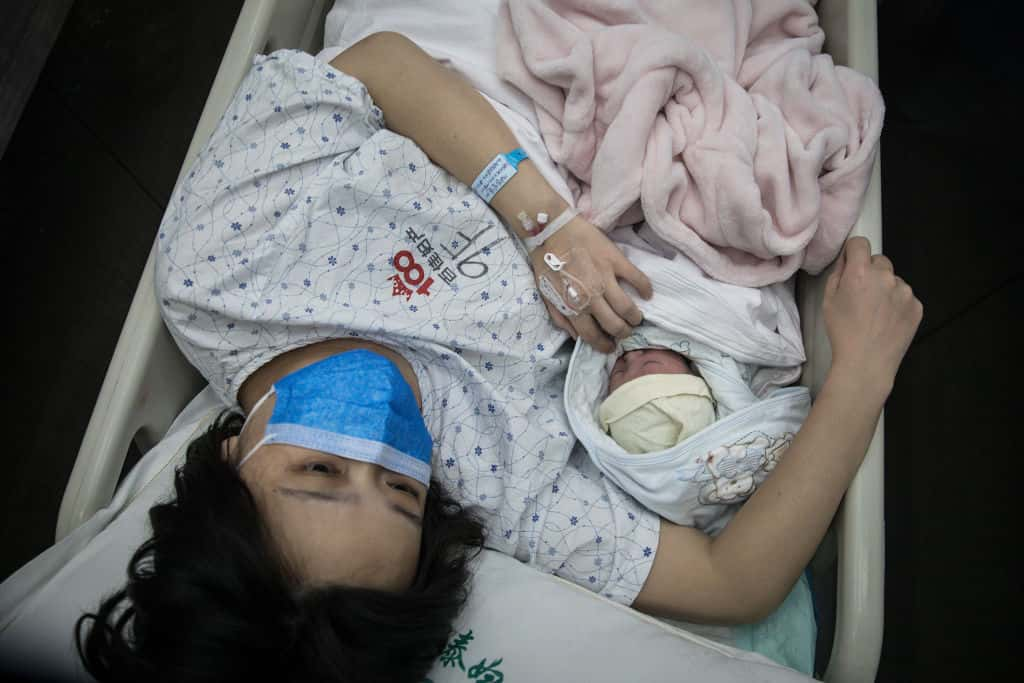Pregnant women might be able to pass on Covid-19 to their fetus, but such transmission is still rare: Study

Pregnant women might be able to pass on Covid-19 to their fetus, suggests a small study. However, the researchers urge people not to panic as this sort of transmission is rare, adding that there is a lot more to learn about the virus.
The researchers from Italy found traces of the new coronavirus in samples of umbilical cord blood, the placenta, and breast milk. But they do not know if the virus was infectious. “It’s too early to make guidelines”, or to modify care, Dr. Claudio Fenizia, an immunology specialist at the University of Milan and the author of the study, according to AP.
It is not the only study to find the virus in these samples. Earlier studies have suggested that the new coronavirus -- like HIV and Zika -- could infect the fetus too. For instance, research conducted on 43 infected mothers detected the virus in breast milk samples of three patients. But the test detected virus particles and not the live virus itself. Further, some babies have tested positive -- but experts are unsure whether these infants contracted Covid-19 before or after birth. To settle the debate, Fenizia calls for extensive studies on the topic.
In the new study, the Italian researchers evaluated 31 infected women who went into labor between March and April at three different hospitals. They collected samples, including umbilical cord blood, vaginal swabs and breast milk, and then tested them for the genetic material or RNA of the virus. They also looked for antibodies against coronavirus.

They detected the RNA in one umbilical cord blood sample, two vaginal swabs, and one breast milk sample, according to AP. And they also found antibodies against coronavirus in the umbilical cord and breast milk.
Speaking at an online medical conference, Fenizia said there is strong evidence that one infant was born positive because "we found the virus in the umbilical cord blood and in the placenta". Another baby developed antibodies against the virus, suggesting a direct exposure to the virus. The good news is that the possibility of infection in the fetus appears rare as only newborns tested positive for the virus, and none got sick, he added.
Dr Ashley Roman, a pregnancy specialist at NYU Langone Health, also agreed that fetal infection was rare and it does not seem to pose serious harm to infants. “The most important thing that pregnant women need to know is it’s important to socially distance. It’s important to wear a mask, wash their hands,” she told AP. "Women don’t need to be cut off from society entirely, but they should be concerned about the impact of getting Covid on their own health during pregnancy."
Dr Anton Pozniak, a virus expert at the Chelsea and Westminster Hospital in London, said that more research is needed before drawing conclusions. The infection is rare among children under three, and “I would suspect that even if there was transmission to babies, it was not harmful,” he said.
The World Health Organization (WHO) recommends mask use during breastfeeding. "In infants, the risk of Covid-19 infection is low, the infection is typically mild or asymptomatic, while the consequences of not breastfeeding and separation between mother and child can be significant," the WHO said.










